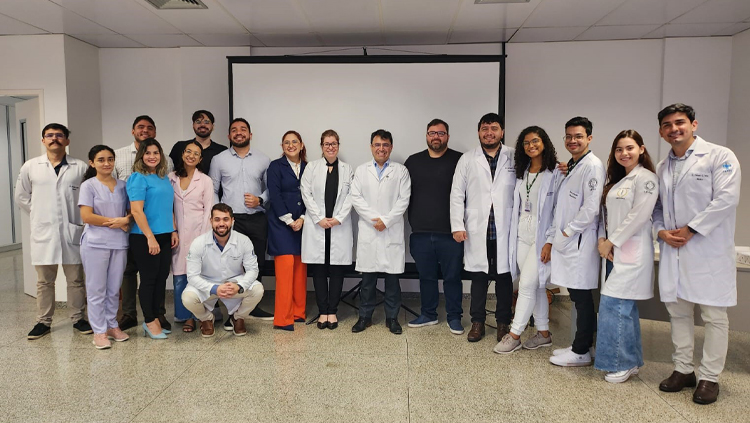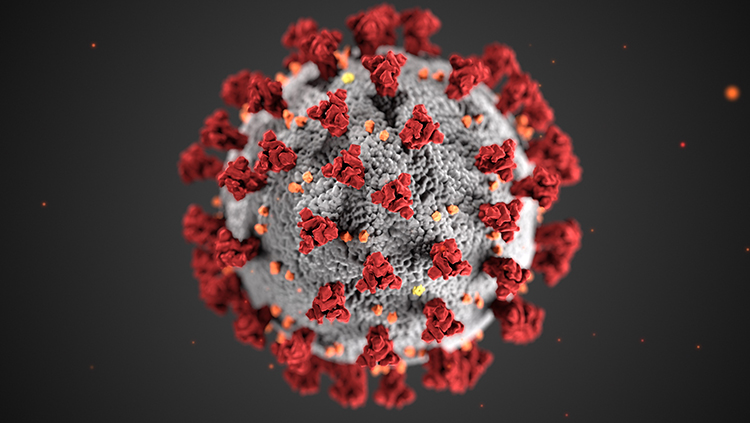Feedback From a Forward-Thinking Neuroethologist
In this keynote session, Eve Marder discusses her career studying the stomatogasric ganglion in crustaceans to learn how neuronal networks produce a behaviorally appropriate output. Then, she and Felix Schweizer discuss the past and future field of neuroethology and the broader impacts of Marder’s work.
Speakers

Eve Marder, PhD
Eve Marder, PhD, is the Victor and Gwendolyn Beinfield University Professor at Brandeis University and past president of the Society for Neuroscience (2008). Marder earned a BA from Brandeis University in 1969 and her PhD from UCSD in 1974. Marder conducted her postdoc at the University of Oregon and Ecole Normale Superieure in Paris, France and has been a faculty member at Brandies since 1978. She is a member of American Academy of Arts and Sciences, National Academy of Sciences, National Academy of Medicine, and American Philosophical Society, has won the Gruber Prize, Kavli Prize, NAS Neuroscience Prize, and Gerard Prize, and holds honorary doctorates from Bowdoin College, Princeton University, Tel Aviv University, and Universite de Liege. Marder was instrumental in demonstrating that neuronal circuits are not “hard-wired” but can be reconfigured by neuromodulatory neurons and substances, and in developing the dynamic clamp and models of intrinsic homeostasis.

Felix E. Schweizer, PhD
Felix E. Schweizer is a professor in the department of neurobiology at the David Geffen School of Medicine at the University of California, Los Angeles. Born in Basel, Switzerland, he received his PhD in biochemistry from the University of Basel and conducted his graduate research in the laboratory of Max M. Burger under the direction of Theo Schafer. He was a postdoctoral fellow first in the department of molecular and cellular physiology at Stanford University in the laboratory of Richard W. Tsien and then in the department of neurobiology at Duke University in the laboratory of George J. Augustine. His research focuses on the cellular underpinnings of network function with a focus on synaptic transmission.
4 of 5 articles left
Login
or
Become a Member
to unlock content





